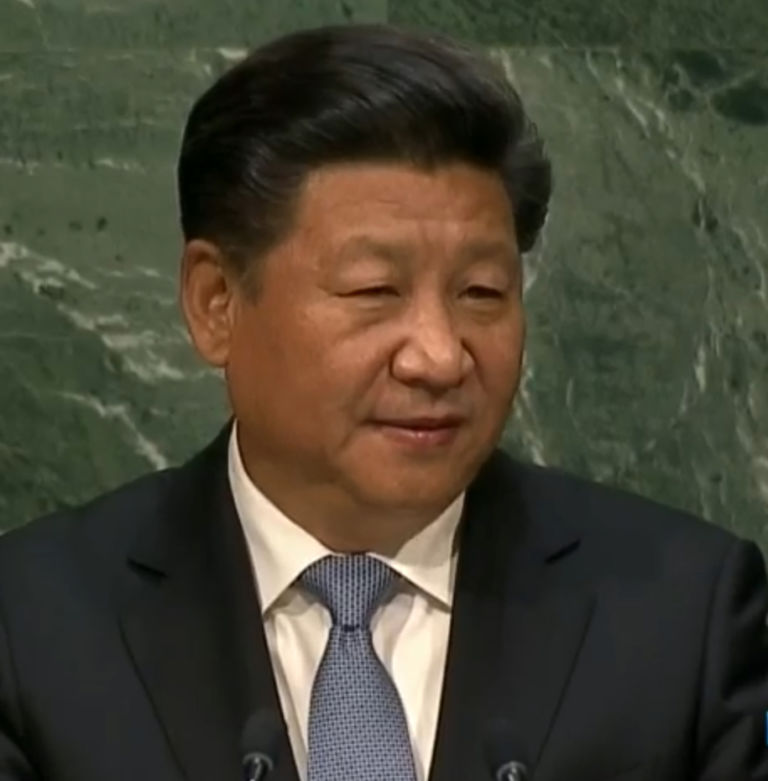The latest TIME explores the Obama administration’s reliance on drone warfare:
Drones offer many clear advantages over more-conventional forces. They are more precise, limiting (though not eliminating) the collateral damage that results from aerial bombing and ground operations. They are relatively cheap. And they bring no direct risk to American troops. …
… Drones may be a cheap and convenient military tool. But they risk dangerous blowback if they alienate and radicalize local populations. Recent reporting from Yemen by the Washington Post and PBS suggests that civilian casualties of U.S. drone strikes there may be engendering support for al-Qaeda, which is turning the unstable nation into perhaps its most important base of operations. (Yemen has been the source of several attempted terrorist strikes on the U.S. in the past few years.) U.S. drone strikes are also wildly unpopular in Pakistan, where anti-Americanism confounds our larger foreign policy goals, like ensuring the security of that country’s nuclear weapons and ending its government’s support of some Taliban factions. The danger can blow across our own borders. Faisal Shahzad, the failed 2010 Times Square bomber, says he sought revenge for innocent victims of U.S. drones in Somalia, Yemen and Pakistan.
If you listened to the latest episode of Carolina Journal Radio, you heard Duke law school’s Scott Silliman discuss the legal and policy issues surrounding drones.


